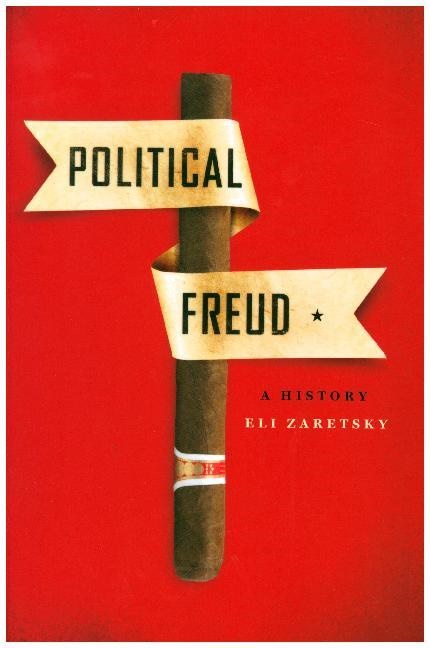Read more
In this masterful history, Eli Zaretsky reveals the power of Freudian thought to illuminate the great political conflicts of the twentieth century. Developing an original concept of "political Freudianism," he shows how twentieth-century radicals, activists, and intellectuals used psychoanalytic ideas to probe consumer capitalism, racial violence, anti-Semitism, and patriarchy. He also underscores the continuing influence and critical potential of those ideas in the transformed landscape of the present. Zaretsky's conception of political Freudianism unites the two overarching themes of the last century - totalitarianism and consumerism - in a single framework. He finds that theories of mass psychology and the unconscious were central to the study of fascism and the Holocaust; to African American radical thought, particularly the struggle to overcome the legacy of slavery; to the rebellions of the 1960s; and to the feminism and gay liberation movements of the 1970s. Nor did the influence of political Freud end when the era of Freud bashing began. Rather, Zaretsky proves that political Freudianism is alive today in cultural studies, the study of memory, theories of trauma, postcolonial thought, film, media and computer studies, evolutionary theory and even economics.
List of contents
Acknowledgments
Introduction: Political Freud
1. Psychoanalysis and the Spirit of Capitalism
2. Beyond the Blues: The Racial Unconscious and Collective Memory
3. In the Shadow of the Holocaust: Rereading Freud's Moses
4. The Ego at War: From the Death Instinct to Precarious Life
5. From the Maturity Ethic to the Psychology of Power: The New Left, Feminism, and the Return to "Social Reality"
Afterword: Freud in the Twenty-first Century
Notes
Index
About the author
Eli Zaretsky
Summary
Political Freud considers how twentieth century radicals, activists, and thinkers used Freudian thought to understand the political developments of their times. Eli Zaretsky shows how important political readings of Freud were to the theory of fascism, African American radical thought, and feminism and gay liberation.
Report
"Much of twentieth-century political thought, ideologies, and movements cannot be understood without grasping the influence of psychoanalysis. Critical theory, postcolonial understandings of race, interpretations of the Holocaust and war, feminism, and the New Left all drew on Freud in both high theory and everyday understanding. In Political Freud, Zaretsky narrates the twentieth-century story with verve and insight and shows how the influences continue into the twenty-first." Craig Calhoun, director, London School of Economics and Political Science

